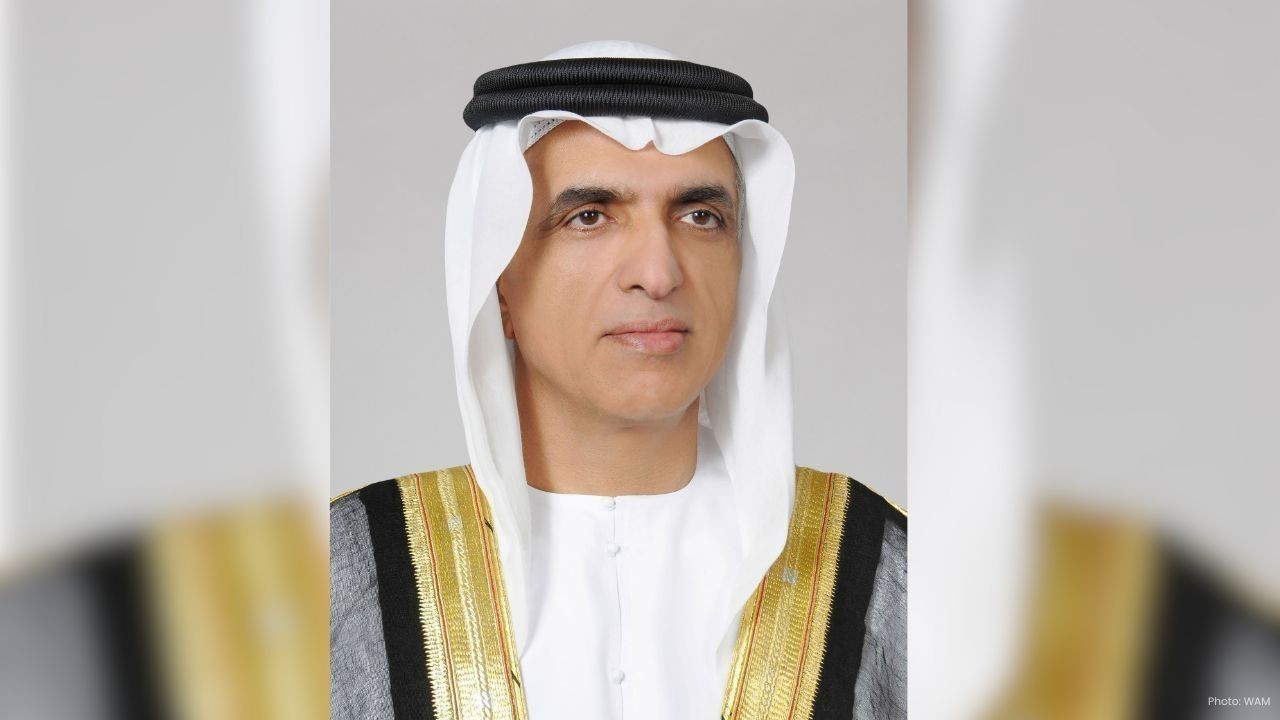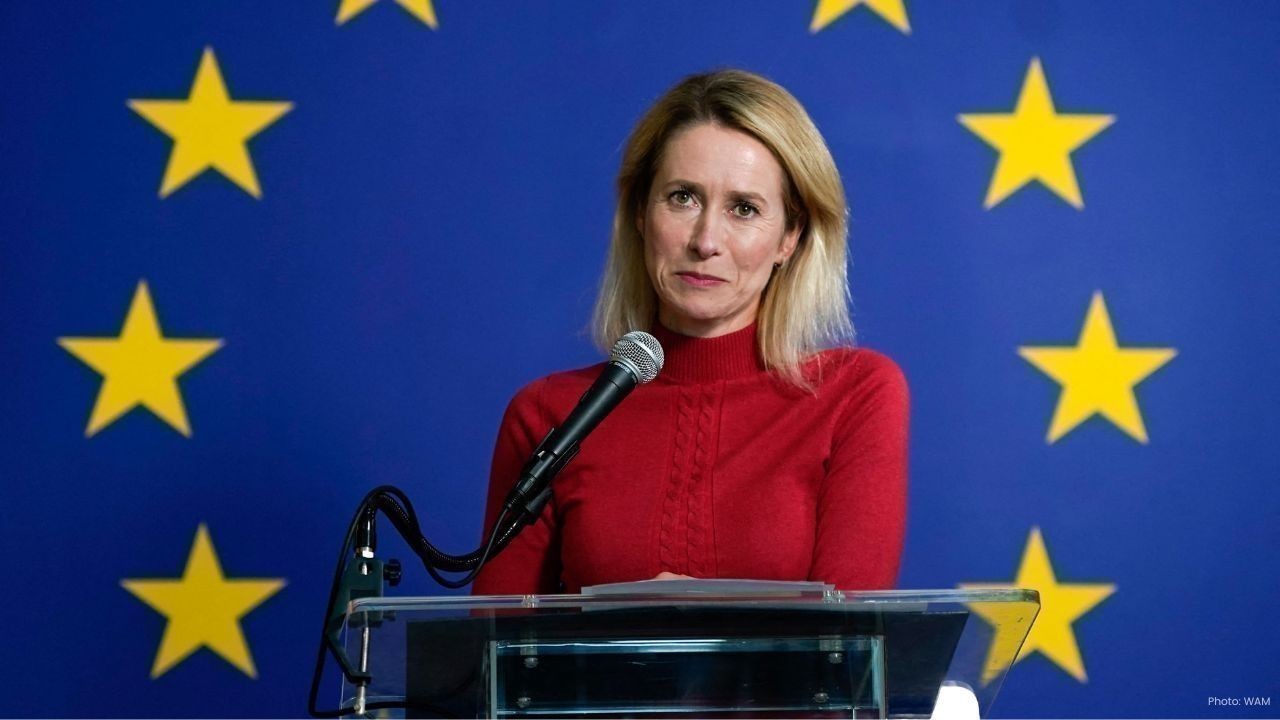
Post by : Soumya Jit
Cryptocurrencies have rapidly evolved from niche digital assets to mainstream financial instruments, attracting investors, innovators, and regulators worldwide. As the market expands, governments are working to strike a balance between innovation, consumer protection, and financial stability. However, regulatory responses vary widely — from supportive frameworks to outright bans.
This article explores how different countries are responding to cryptocurrency regulation in 2025, highlighting global trends, challenges, and what the future may hold for digital currencies.
Cryptocurrency offers advantages like decentralized finance, borderless transactions, and investment opportunities. However, it also brings risks such as money laundering, fraud, tax evasion, and volatility.
To address these challenges, regulators worldwide are developing frameworks that aim to:
Protect investors from scams and market manipulation
Prevent illicit financial activity
Integrate blockchain technology into mainstream finance
Encourage innovation while maintaining economic stability
The result is a patchwork of policies, with each country taking a unique approach to digital assets.
The U.S. remains one of the largest crypto markets but lacks a unified regulatory framework.
The Securities and Exchange Commission (SEC) classifies many tokens as securities, requiring registration and compliance.
The Commodity Futures Trading Commission (CFTC), meanwhile, treats cryptocurrencies like Bitcoin as commodities.
The Internal Revenue Service (IRS) considers crypto as property for tax purposes.
Recent discussions in Congress have focused on stablecoin regulation, DeFi (Decentralized Finance) oversight, and clearer definitions for digital assets. The U.S. aims to regulate crypto without stifling blockchain innovation.
The European Union has introduced one of the world’s most comprehensive crypto frameworks — the Markets in Crypto-Assets (MiCA) regulation.
MiCA establishes uniform rules for crypto issuers, exchanges, and wallet providers.
It requires transparency, anti-money laundering (AML) compliance, and investor protection.
Stablecoins are subject to strict reserve and operational requirements.
The EU’s proactive approach positions it as a global leader in balanced crypto regulation, promoting innovation while safeguarding financial stability.
Post-Brexit, the UK has developed its own crypto policies focusing on transparency and responsible trading.
The Financial Conduct Authority (FCA) oversees crypto businesses and mandates registration.
The government is also exploring a Digital Pound (CBDC) to complement the growing crypto market.
Advertising and promotions of crypto assets are now regulated to prevent misleading claims.
The UK aims to become a global hub for digital assets while ensuring consumer confidence and market integrity.
India’s approach to cryptocurrency has evolved significantly:
While cryptocurrency trading is legal, the RBI (Reserve Bank of India) and the Finance Ministry have imposed heavy taxation — a 30% tax on profits and 1% TDS on transactions.
The country has also introduced strict KYC norms for exchanges.
At the same time, India is developing its Central Bank Digital Currency (CBDC), known as the Digital Rupee, signaling interest in blockchain-backed finance.
India’s strategy reflects cautious optimism — encouraging innovation while keeping a tight watch on risks.
China has taken one of the most restrictive stances on cryptocurrency.
All crypto trading, mining, and exchanges are banned.
The government cites concerns about financial instability, energy consumption, and capital flight.
However, China continues to promote blockchain technology for industrial and financial applications.
The Digital Yuan (e-CNY), its official CBDC, is being widely tested across major cities.
China’s approach shows a clear preference for state-controlled digital finance over decentralized cryptocurrencies.
The UAE, particularly Dubai, has emerged as a global crypto-friendly hub.
The Virtual Assets Regulatory Authority (VARA) in Dubai regulates crypto exchanges, NFTs, and digital tokens.
Companies like Binance, Bybit, and Kraken have obtained operational licenses under Dubai’s framework.
The UAE also promotes blockchain-based innovation through initiatives like the Dubai Blockchain Strategy 2025.
The country’s progressive policies make it a top destination for crypto startups and investors seeking stability and innovation.
Japan was among the first countries to regulate cryptocurrencies after the Mt. Gox incident in 2014.
The Financial Services Agency (FSA) oversees all crypto exchanges.
Strict KYC/AML norms and capital requirements are in place.
Japan recognizes Bitcoin and other major cryptocurrencies as legal property.
The result is one of the world’s safest and most transparent crypto markets.
El Salvador made history by becoming the first country to adopt Bitcoin as legal tender in 2021.
Citizens can use Bitcoin for payments, taxes, and remittances.
The government launched the Chivo Wallet to support transactions and promote financial inclusion.
Despite criticism from global financial institutions, El Salvador continues to invest in Bitcoin-based infrastructure and education.
Its bold move reflects the potential of crypto to reshape developing economies.
As of 2025, several global trends are shaping crypto regulation:
Central Bank Digital Currencies (CBDCs) are gaining traction worldwide.
Stablecoins are under closer scrutiny due to their potential impact on monetary systems.
Tax reporting and compliance requirements are becoming stricter.
Institutional adoption is rising, with banks and funds exploring blockchain integration.
Governments aim to strike a balance between encouraging innovation and ensuring financial security.
Cryptocurrency regulation is evolving rapidly across the globe. While some countries welcome innovation with open arms, others approach it with caution or resistance. What’s clear is that the crypto ecosystem is too significant to ignore.
As the world moves toward a digital financial future, the challenge lies in creating frameworks that foster innovation, protect consumers, and maintain stability. Whether supportive like the UAE and EU, or restrictive like China, every country’s policy decisions will shape the future of global finance.

University of Europe for Applied Sciences Students Champion Sustainability on the Global Stage at COP 30 Simulation Conference in Cairo
UE Dubai students participate in COP 30 Simulation in Cairo, developing climate policies and gaining

Sharjah Launches Thrilling Tigers Obstacle Race in Khorfakkan
Sharjah hosts Tigers Obstacle Race on Jan 17, 2026, in Khorfakkan. Exciting courses, cash prizes, an

Dubai Holding Launches 2025 Innovate For Tomorrow Accelerator
Dubai Holding opens global applications for its 2025 Impact Accelerator, supporting scale-ups with A

Dubai Launches ‘City Inspector’ to Boost Municipal Standards
Dubai Municipality certifies 63 Emirati inspectors under the new City Inspector initiative to enhanc

Historic Gaza Truce: Israel-Hamas Agree on Ceasefire Deal
Israel and Hamas reach first-phase ceasefire after intense Egypt talks, paving way for humanitarian

Ras Al Khaimah Ruler Congratulates Egypt’s UNESCO Chief
H.H. Sheikh Saud bin Saqr Al Qasimi congratulates Dr. Khaled El-Anany on his election as UNESCO Dire

EU’s Kaja Kallas Calls Gaza Peace Deal a Breakthrough
EU’s top diplomat Kaja Kallas hails the Gaza ceasefire as a major diplomatic success, calling it a r

From Couch to Café Easy Ways to Style Knits and Loungewear for Any Occasion
Discover how to style knits and loungewear for any occasion Stay cozy confident and stylish from you

UE Dubai Students Shine at COP30 Simulation in Cairo, Showcasing Global Leadership in Climate Policy
University of Europe for Applied Sciences Dubai (UE Dubai) have taken centre stage at the COP30

Signs Your Gut Health May Be Slowing Your Weight Loss
Poor digestion can slow weight loss Learn the key signs your gut may be affecting metabolism and how

Keto Friendly Fruits Top 10 Low Carb Fruits for Weight Loss Success
Discover 10 keto friendly low carb fruits that support weight loss boost energy and keep your die

Rajvir Jawanda Life Career Music Hits & Tragic Accident Explained
Discover Rajvir Jawanda s journey from police aspirant to Punjabi music star his hits acting career

Karwa Chauth 2025 Date Rituals Legends and Modern Celebrations
Discover Karwa Chauth 2025 date rituals legends and modern celebrations highlighting love devotion a

DGHS Enforces No Cough Syrup Rule for Infants Urges Caution for Kids Under Five
DGHS bans cough syrup for infants and urges caution for kids under five to prevent health risks and

From Flying Taxis to Autonomous Delivery Dubai s Smart Transport Revolution
Explore Dubai s smart transport future with flying taxis autonomous vehicles and delivery drones sha